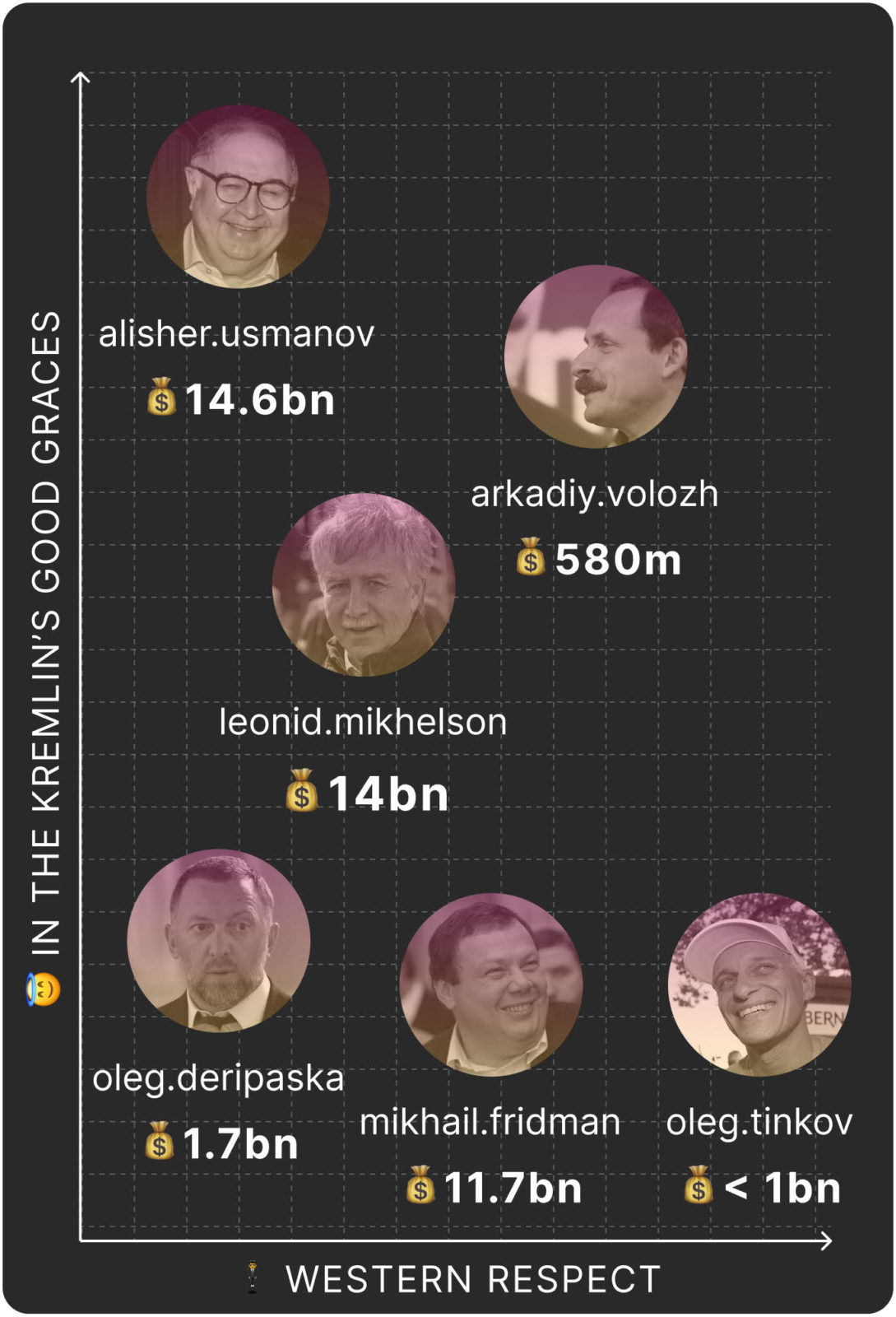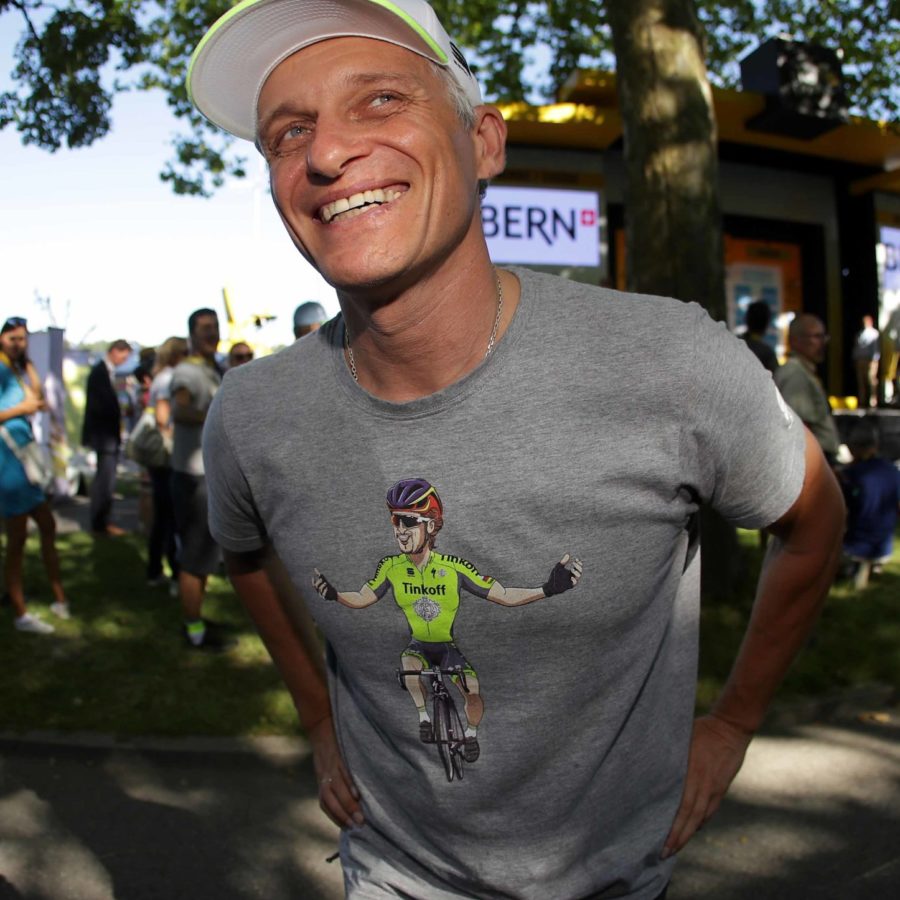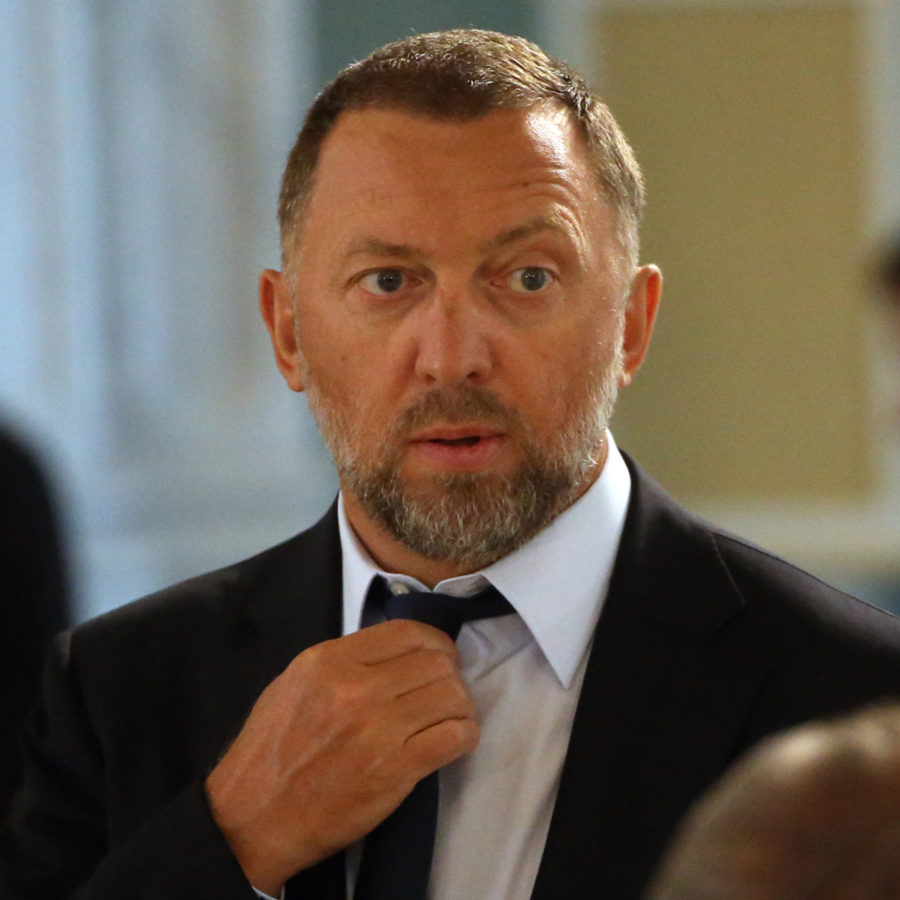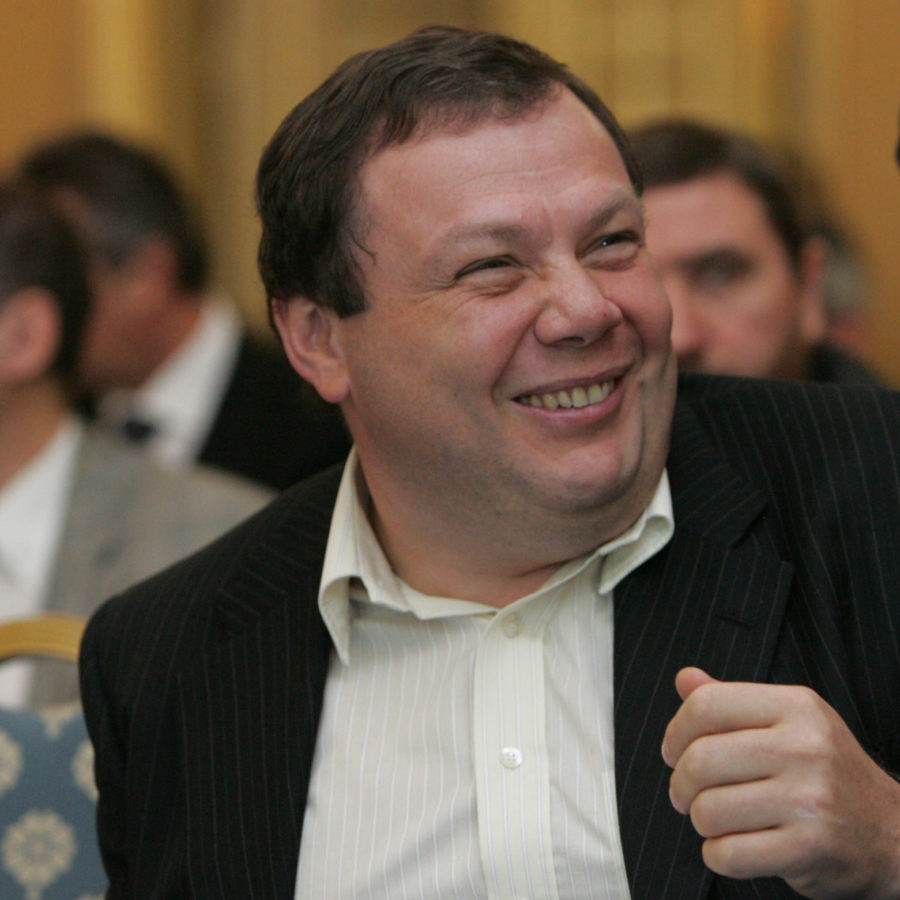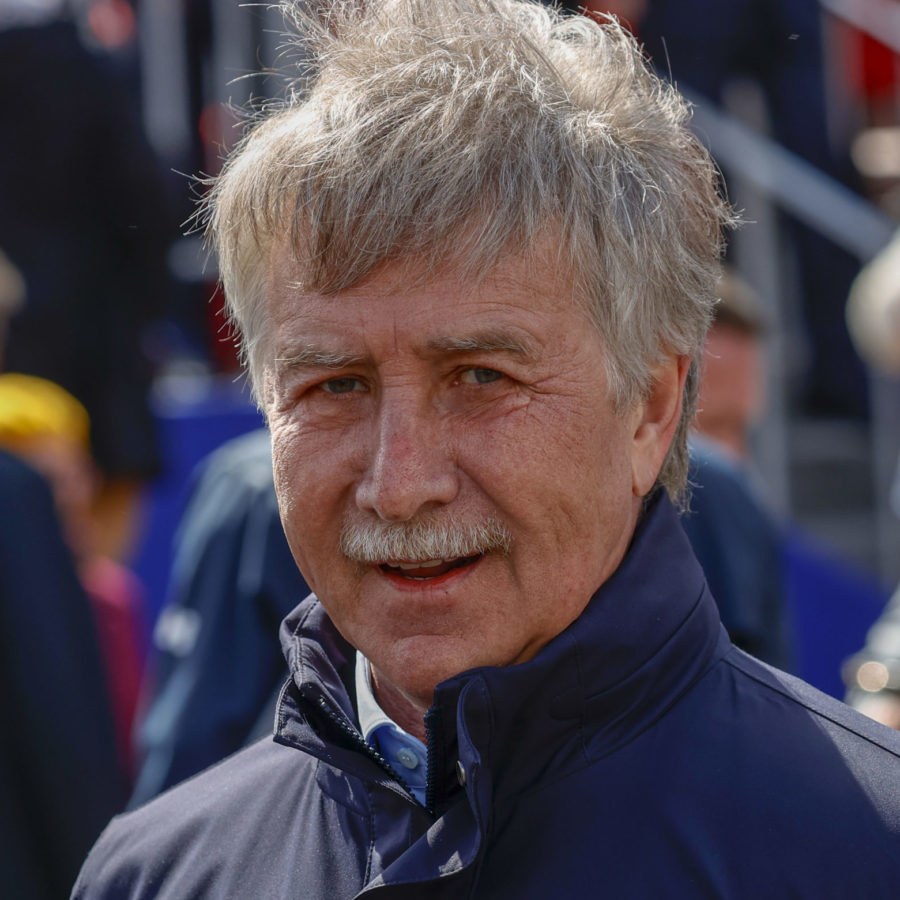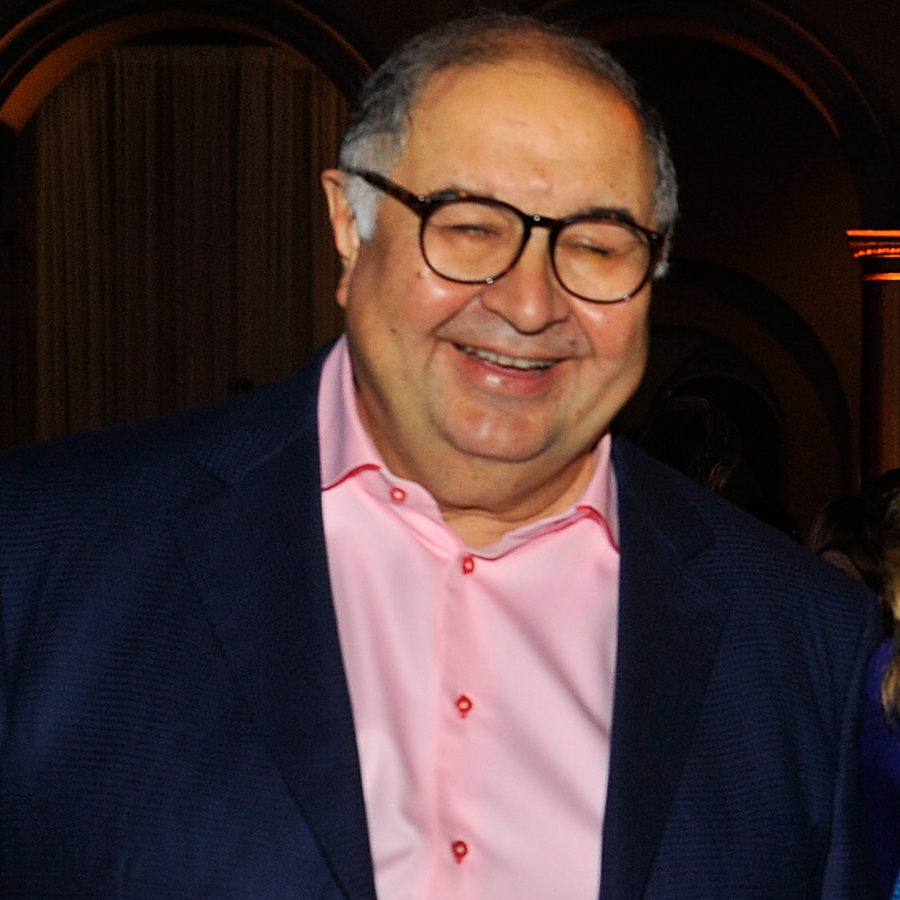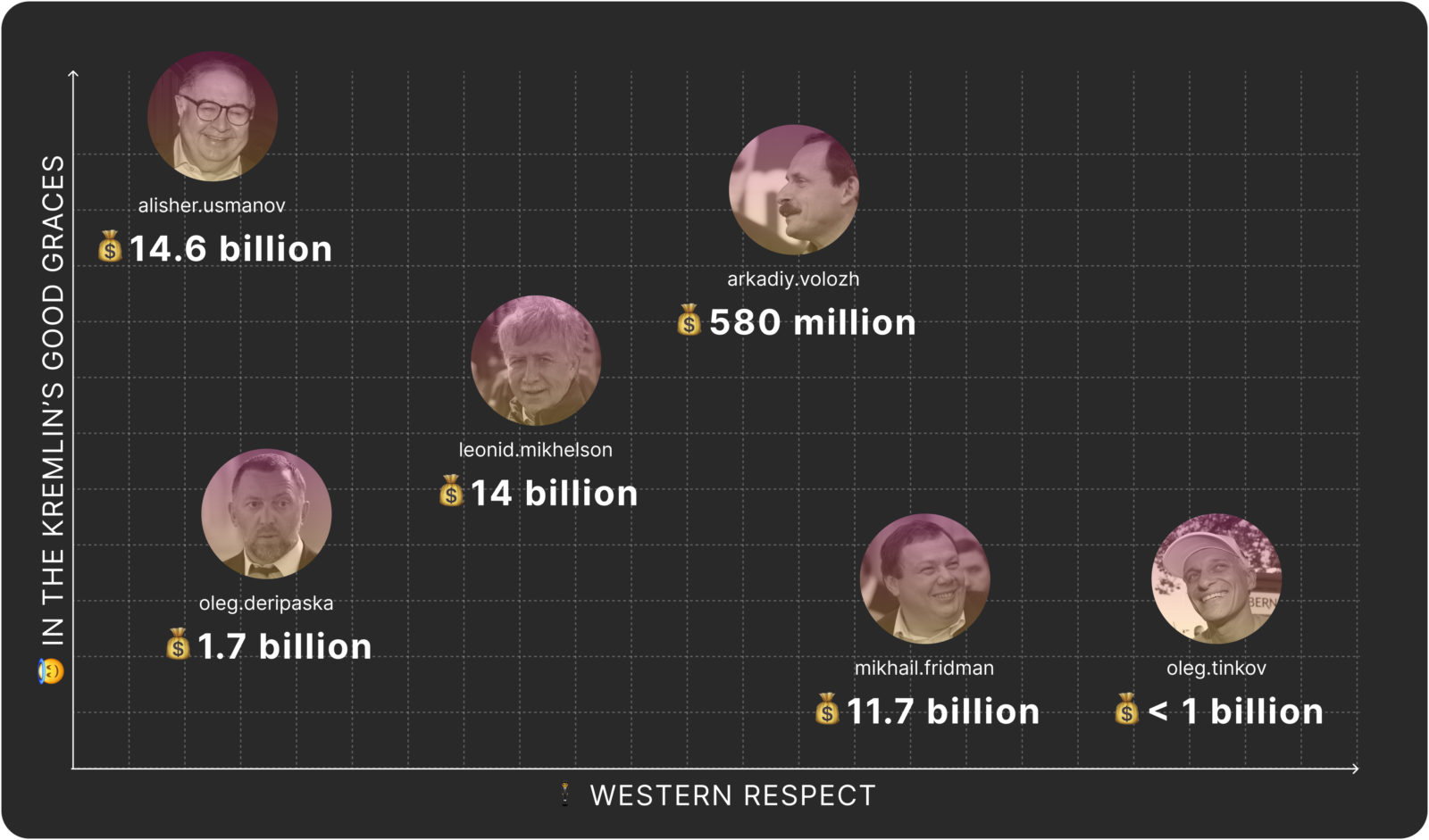Arkady Volozh: the ‘oli-geek’ caught between two worlds
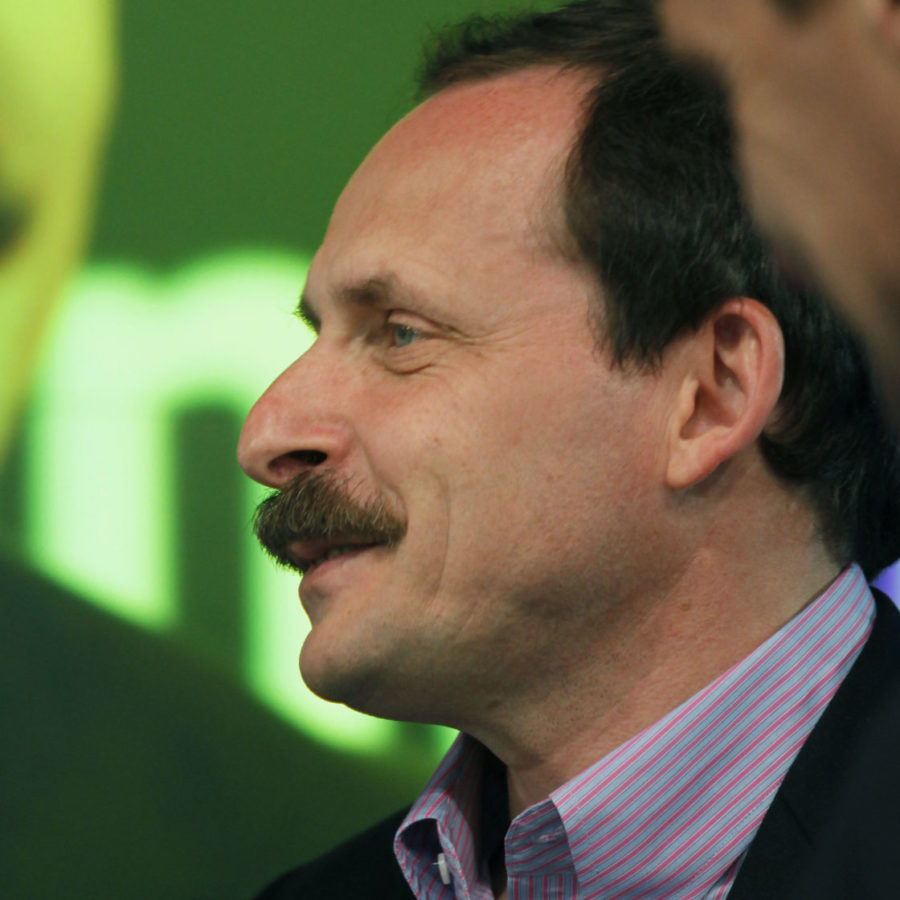
arkady.volozh
Yandex co-founder. Nerd in a scary world.
mathematician | Search engines | A.I. | Dad
????????⚖️????????????????????????
#notanoligarch #yandexforever
Yandex co-founder. Nerd in a scary world.
mathematician | Search engines | A.I. | Dad
????????⚖️????????????????????????
#notanoligarch #yandexforever
A mathematician and computer wiz, Arkady Volozh has always faced a complicated calculus.
How do you develop cutting-edge internet technology in the context of the Kremlin’s strong interest in controlling information? As the co-founder and former chief executive of Yandex, Russia’s most successful digital conglomerate, Volozh worked on that equation with increasing difficulty.
Unlike many other oligarchs who got rich from the sell-off of state enterprises following the Soviet Union’s collapse in the 1990s, Volozh built his empire with code. He started with software designed to search patents, the Bible and classical Russian literature. As computers and the internet entered the mainstream, Volozh’s software only increased in ambition and reach.
Yandex was launched in 1997. The search engine’s growth tracked with the rise of Google. It has since become a fully-fledged multinational company and, since 2011, a listing on NASDAQ.
Yandex is a super app. With 3.5 billion monthly users, it carries more search traffic than Yahoo and offers news aggregation, taxi services, music streaming, food delivery, maps, traffic alerts and social media networks.
Yandex’s web search engine enjoys more than 60% of the market share in Russia. Its news aggregation algorithm serves up a daily media diet to millions of people and determines which stories get seen by Russians and which don’t.
Kremlin takes a keen interest
In recognition of its advancing market power, the government initially tried to exert pressure on Yandex to derank critical content. Yandex’s leadership resisted.
In 2016, the Russian parliament passed a law preventing news aggregators like Yandex from sharing content from websites that don’t have an official government license. Yandex was also subjected to a national security law requiring tech companies to give its users’ private communications to the federal intelligence agency, the FSB, upon request.
More was to follow: In 2019, another law passed restricting foreign ownership of Russian news aggregators, which specifically targeted the Dutch-registered Yandex. Yandex was forced to change its ownership structure and re-register most of its shares in Russia in order to pacify an increasingly hostile Kremlin.
The unanswered question is to what lengths Volozh, Yandex’s CEO, resisted these pressures. He could not be reached for comment.
Two sources who know Volozh personally say that he left Russia in 2014 and relocated to Israel with his family. Since then, he has been preoccupied with setting up the international side of the business.
A bolt out of the blue
In June 2022, the EU sanctioned Volozh, saying that his company was “responsible for promoting state media and narratives in its search results, and deranking and removing content critical of the Kremlin such as content related to Russia’s war of aggression against Ukraine.”
Yandex protested that the sanctions were “wholly unjust and based on an inaccurate understanding of Arkady and what Yandex is all about.” Volozh resigned from his positions at Yandex immediately and surrendered his voting rights to the board, although he retains an 8.5% stake in the company.
Sympathetic sources say he is “horrified” by the war.
The invasion saw Yandex’s stock plunge by 80%, and the NASDAQ suspended its stock trading in March 2022. There is “no clarity when and whether trading may be resumed,” the company said this February. Volozh’s net worth, which is based mainly on the value of his stake in Yandex, plummeted from a high of $2.6 billion to $580 million, according to Forbes.


Two of Volozh’s six children and his daughter-in-law are active on social media, where they appear to have interests in music, animation and hiking. At the outbreak of the war, Volozh’s son Timofey — a New York-based jazz musician — flagged his support for Ukraine and his opposition to the war. He played in a benefit concert for Ukraine in March 2022. His sister is an LGBTQ+ activist based in London. “This is why, when the EU put Arkady on the sanction list, the Kremlin must have had a huge laugh,” said an ally.
In October, squatters occupied Volozh’s multi-story apartment in Amsterdam’s leafy museum district. A judge rejected Volozh’s efforts to evict them.
Rather than being sanctioned, Arkady should be lauded for building, from the ground up, one of the most independent, modern and progressive companies in Russia and one of the most innovative companies in Europe." - statement by Yandex’s board, June 6, 2022
What next for Yandex?
Meanwhile, the Kremlin has wrapped its arms around strategic parts of Yandex, most notably its news aggregator and home page, which Yandex sold to VK, a media company ultimately controlled by one of Putin’s closest associates, in September.
In November, Yandex’s board announced it had begun “a strategic process to review options to restructure the group’s ownership and governance.” Putin’s former finance minister Alexei Kudrin has emerged as the key dealbroker between Yandex and the Kremlin.
The restructuring is ongoing and negotiations are delicate, say Volozh’s friends. It would split Yandex in two, handing control of its lucrative Russian business to Russian management. A senior leadership role with an equity stake is envisioned for Kudrin, who is seen as one of the few senior figures in Russia who has both the ear of the Kremlin and the respect of the West. The split would allow the Dutch-domiciled company to keep hold of its next-generation tech ventures like artificial intelligence, which Volozh has been most focused on in recent years.
“He’s never going to go back to Russia. He took Yandex as far as he could, and he’s hoping the restructuring will be completed to start something new,” said a source close to him. “But first he needs to get EU sanctions lifted, and there’s a big effort underway to do that.”
Research by Aiia Timofeeva.
